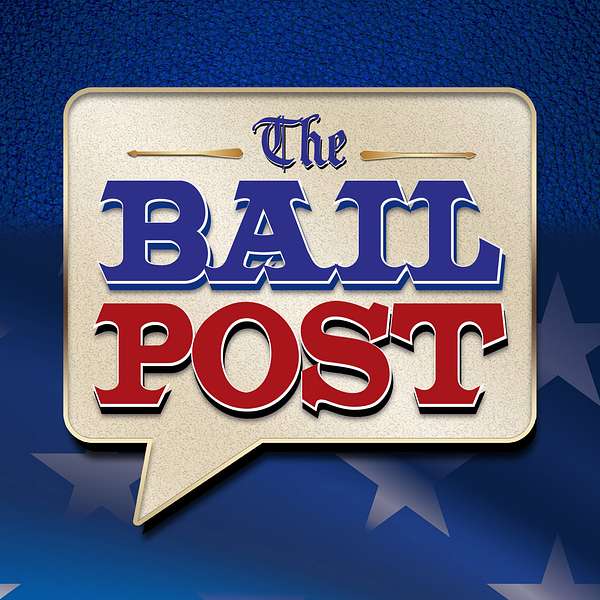
The Bail Post
What do we know about criminal justice reforms or bail reform? How do we evaluate whether reforms are helping or making the situation worse? How can we take politics out of criminal justice and focus on public safety? The Bail Post seeks to be a place where legislators and the public can educate themselves on a host of criminal justice/bail reform issues. With various attempts at criminal justice reform from New York to Texas to California, many people are confused as to what is working and what is not. With the passage of time, more and more data is coming to light over what successful reform looks like and what reforms have been found to not be working. The rise in violent crime across the country has been startling and law makers and the public alike are desperate to find legislation that is effective. Some might ask whether some of the reforms making the situation worse? The Bail Post is an on-going discussion that seeks to cut to the core to provide education on the various issues raised and to highlight what successful criminal justice reform looks like and what measures have been disastrous. Join us and educate yourself about the best practices that jurisdictions must implement to keep their communities safe, while ensuring fairness to defendants. As a someone said recently "Public safety is the foundation of a society. Without public safety we do not have a society."
If you would like to listen other episodes of The Bail Post you can find a subject matter index of the different episodes at- https://pbtx.blogspot.com/p/subject-index-to-bail-post-podcasts.html.
The host is Ken W. Good; an attorney in Tyler, Texas who has been licensed for over 30 years. He has argued cases before the Supreme Court of Texas and the Texas Court of Criminal Appeals. Mr. Good has written a book on bail called "Goods On Bail." He has also has had numerous papers published on Criminal Justice Reform issues. Mr. Good is a board member of PBT and serves on the legislative committee. Mr. Good is married and has two daughters.
The Bail Post
Episode No. 71- When Police Stop Policing With Guests Dr. Eric Piza and Nathan T. Connealy
In 2020, there were protests in Seattle, Washington following the death of George Floyd. For a period of 24 days, an area that became known as the Capitol Hill Occupation Protest (CHOP) was treated as an autonomous zone where the police did not respond to calls. As a result, the CHOP zone became an example of what happens when police stop policing. Dr. Eric Piza and Dr. Nathan T. Connealy largely used data from the City of Seattle Open Data portal, analyzing data from more than one year prior to CHOP with two microsynth models to understand average and seasonal crime trends. Dr. Piza and Dr. Connealy looked at the impact of crime in three areas: (1) the CHOP zone; (2) the two block radius around the CHOP zone; and (3) the precinct at large.
The results showed a significant increase in crime within the CHOP zone, the encompassing two-block area, and the overall East precinct service area during the occupation period. The study suggests that calls to abolish the police compromise public safety.
Although advocates argue the abolishing police would have a positive impact on crime, the science not only does not support this conclusion, it actually supports the opposite conclusion that when police stop policing crime increases dramatically.